Historians and neighbors celebrate Revolutionary War veterans at old Amenia Burying Ground
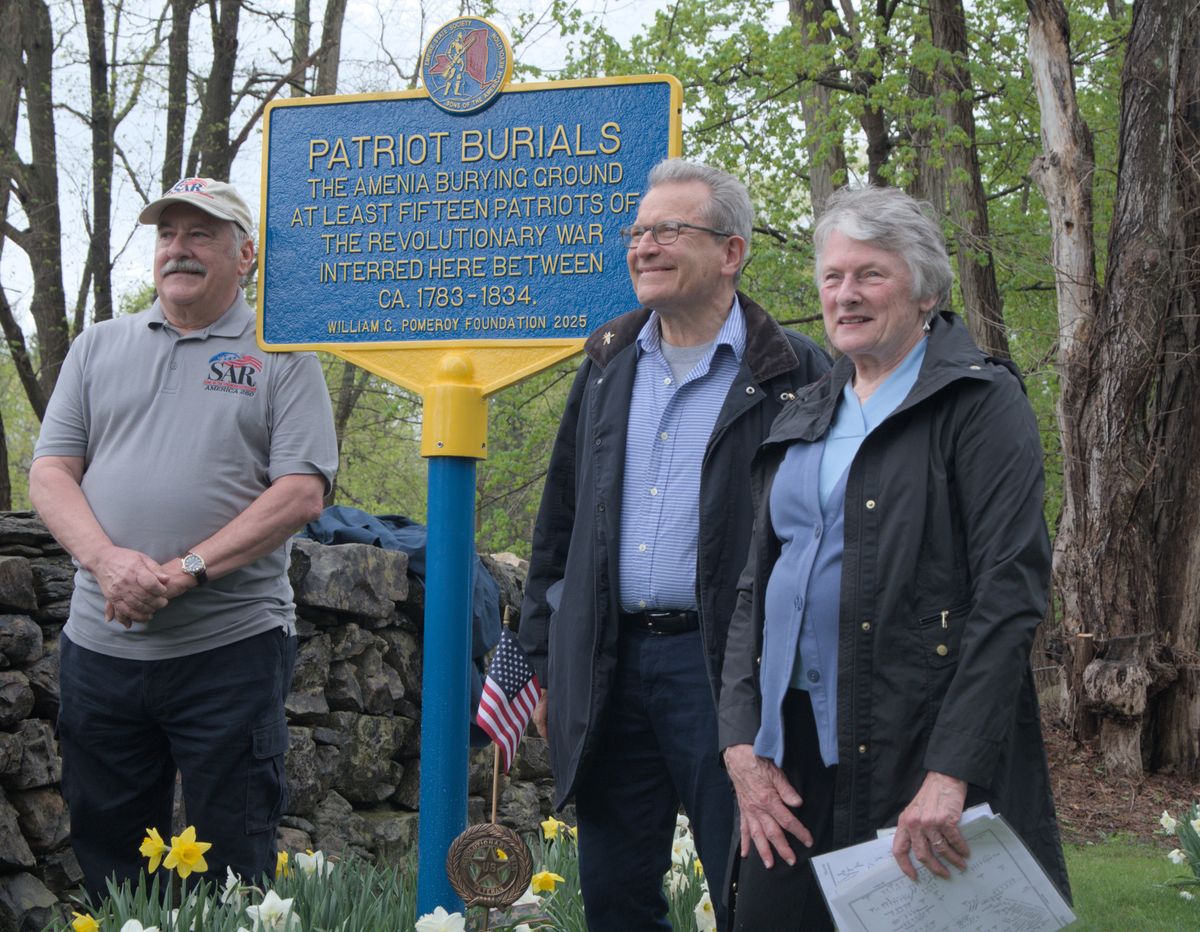
Tim Middlebrook, President of the Columbia Mid-Hudson Valley chapter of the Sons of the American Revolution, left, Amenia Town Supervisor Leo Blackman, center, and Amenia Historical Society President Betsy Strauss unveiled a new historical marker at the Old Amenia Burying Ground on Saturday, April 26. The marker commemorates revolutionary war veterans buried at the cemetery where the Red Meeting House once stood on Mygatt Road.
Photo By Nathan Miller
 Tim Middlebrook of the Sons of the American Revolution and Amenia Historical Society President Betsy Strauss told the crowd of neighbors and historical society members about the centuries-long history of the Old Amenia Burying Ground and listed the names of the known Revolutionary War veterans in the cemetery. Photo by Nathan Miller
Tim Middlebrook of the Sons of the American Revolution and Amenia Historical Society President Betsy Strauss told the crowd of neighbors and historical society members about the centuries-long history of the Old Amenia Burying Ground and listed the names of the known Revolutionary War veterans in the cemetery. Photo by Nathan Miller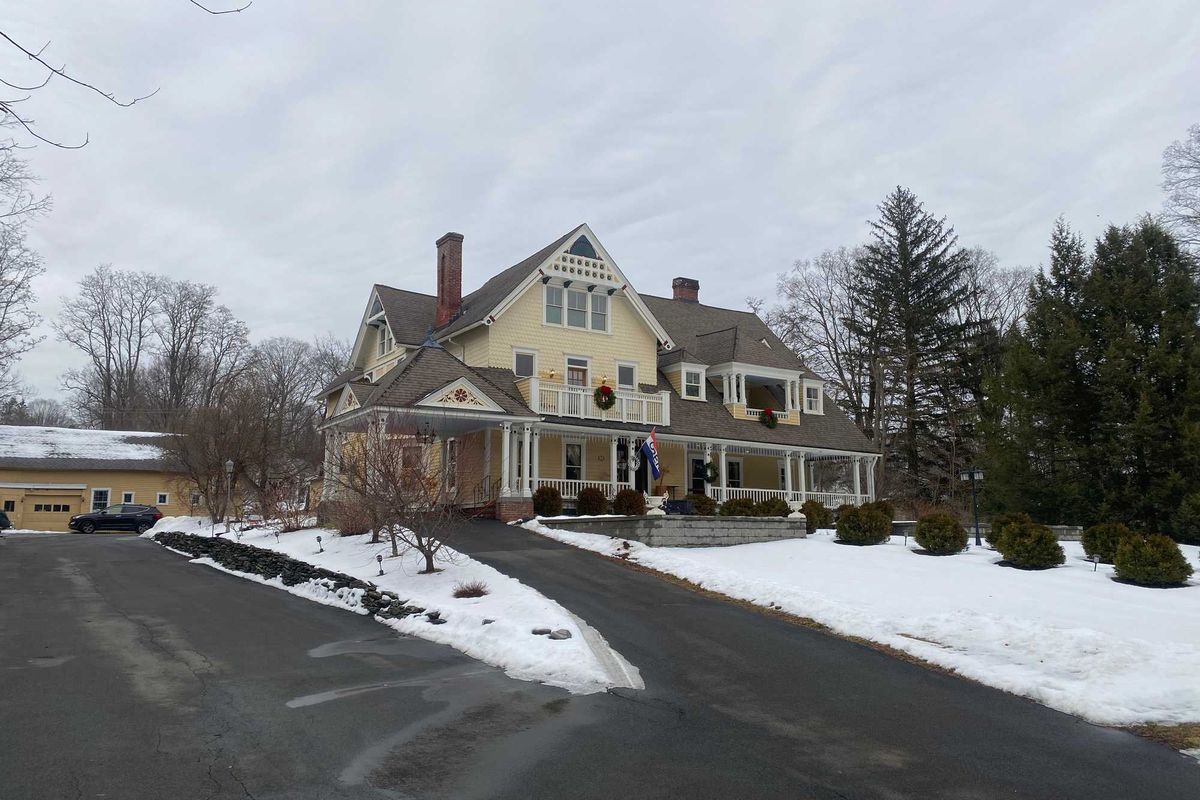

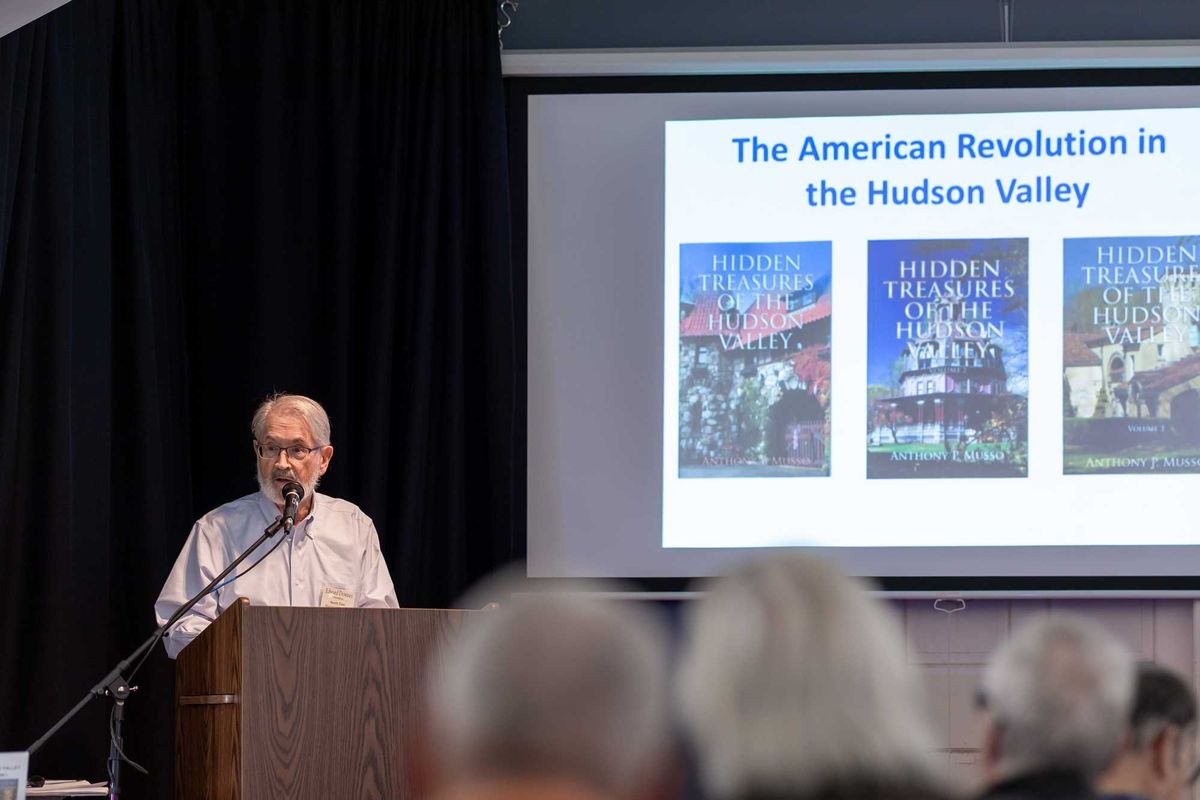
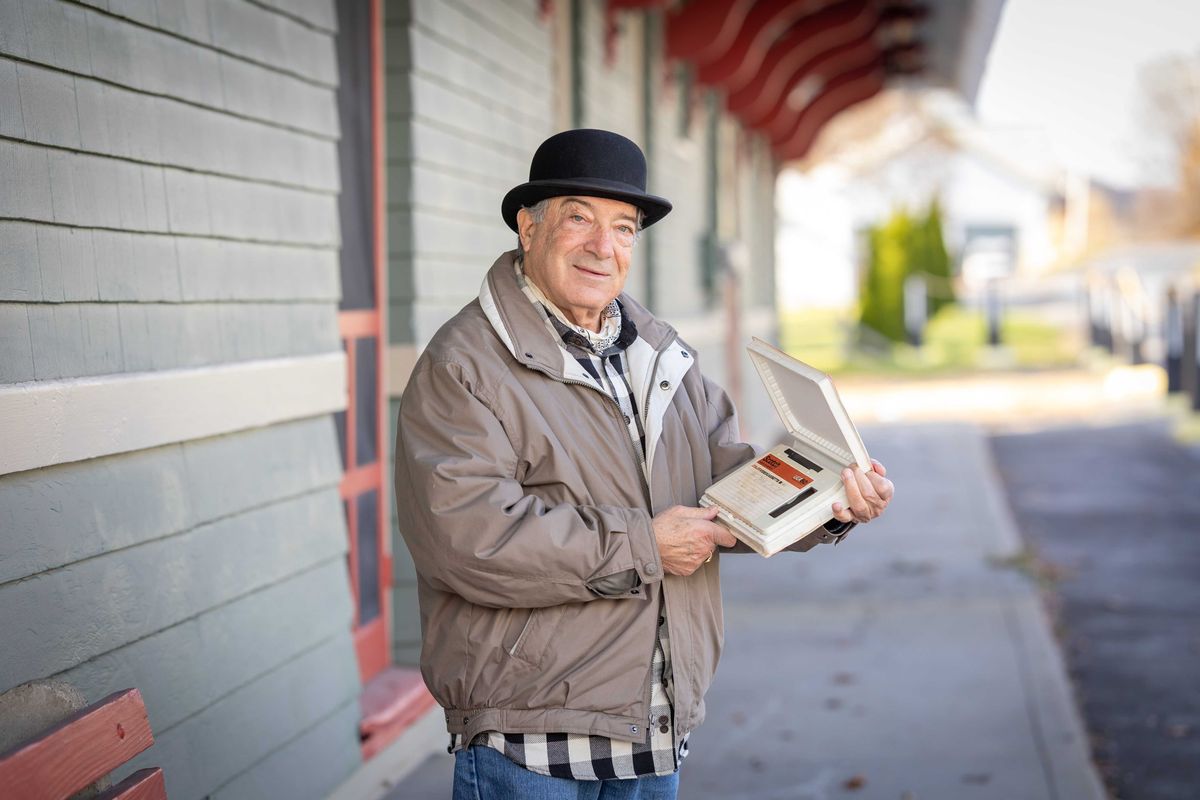
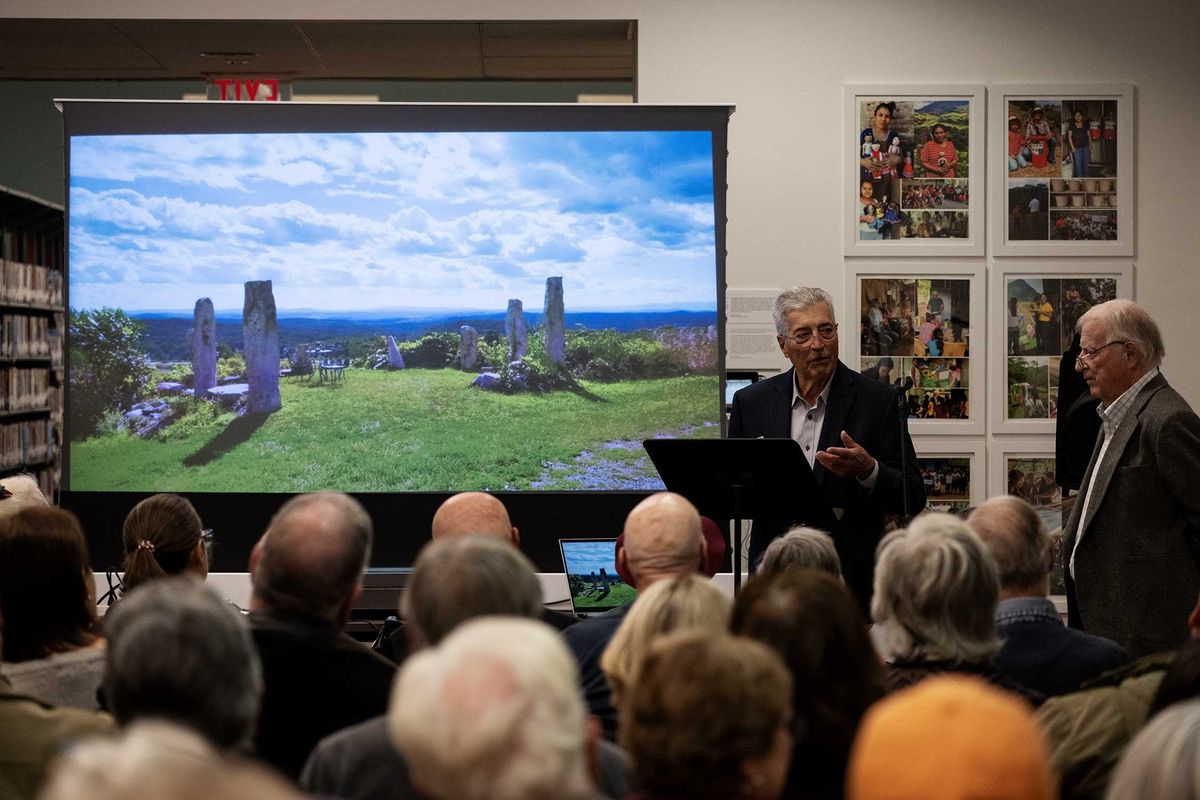
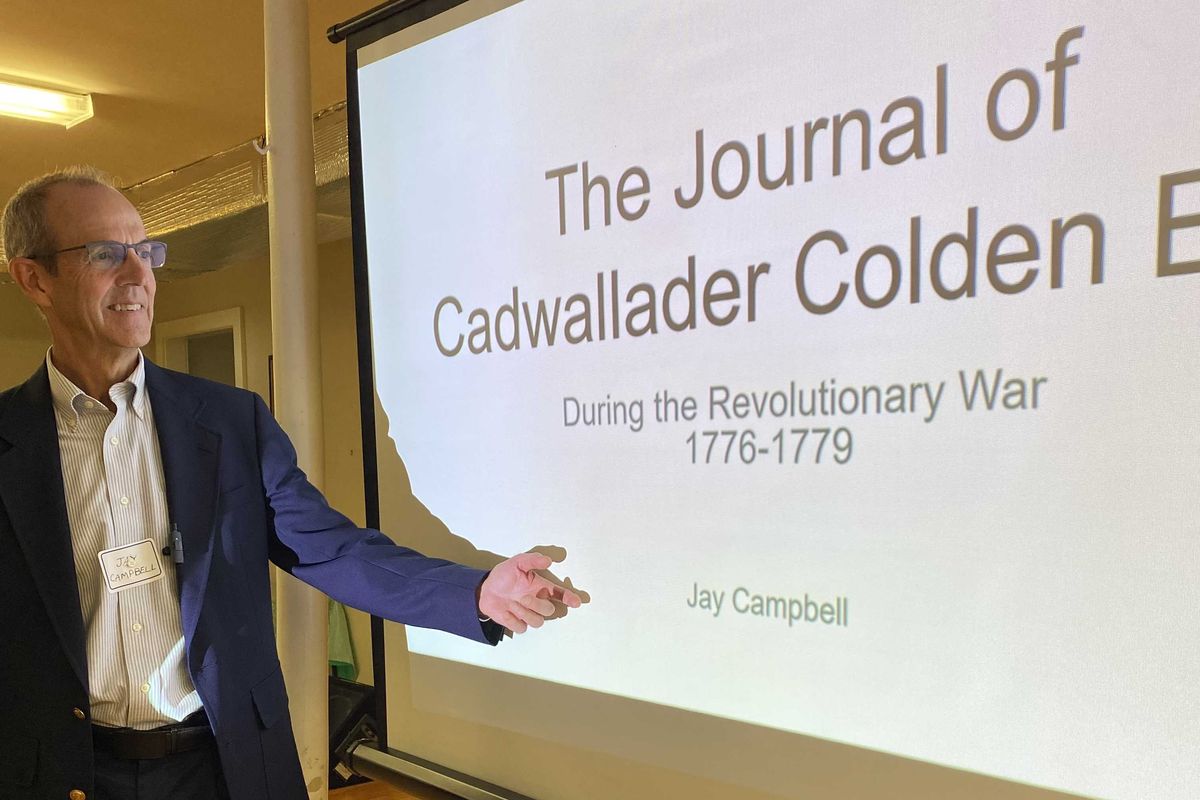


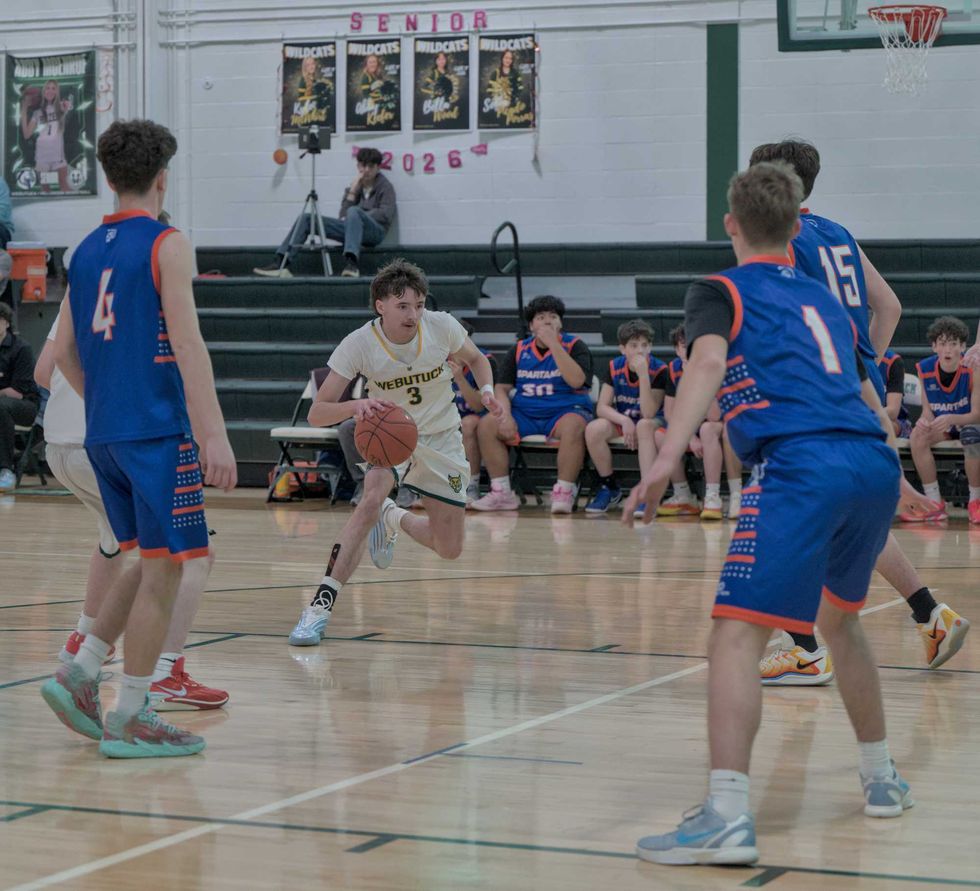
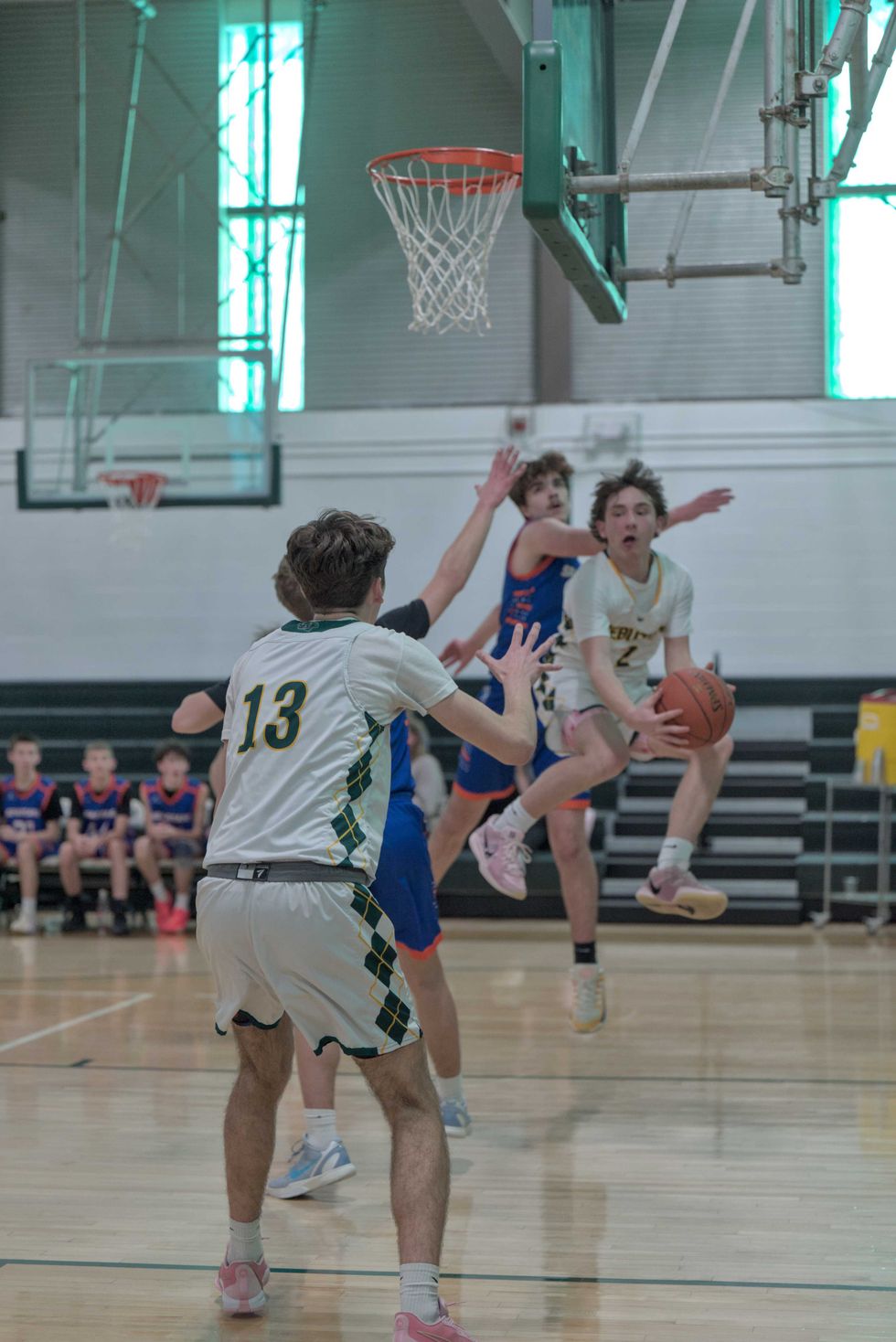


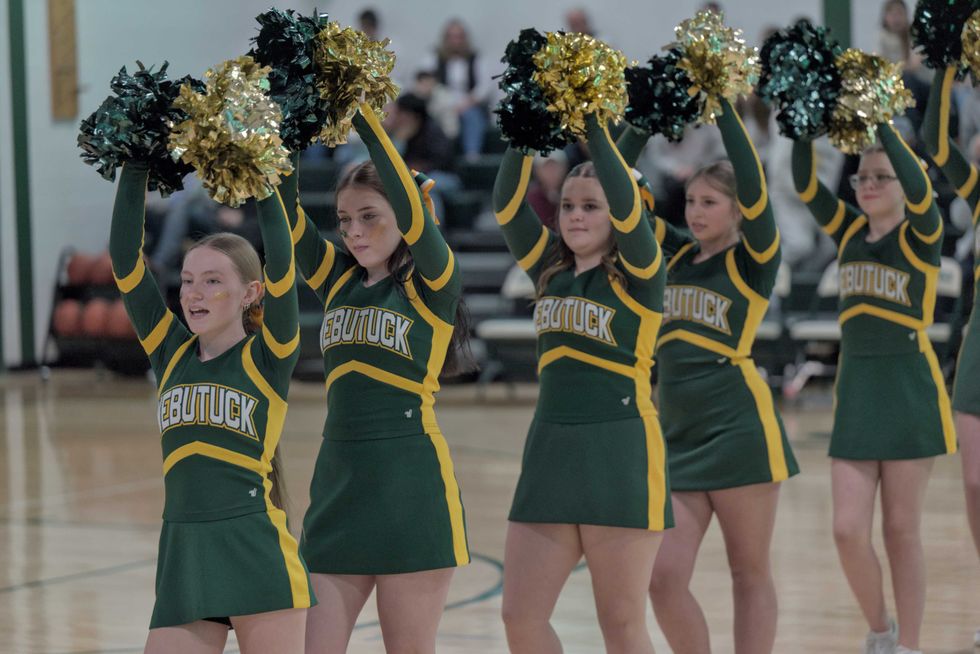

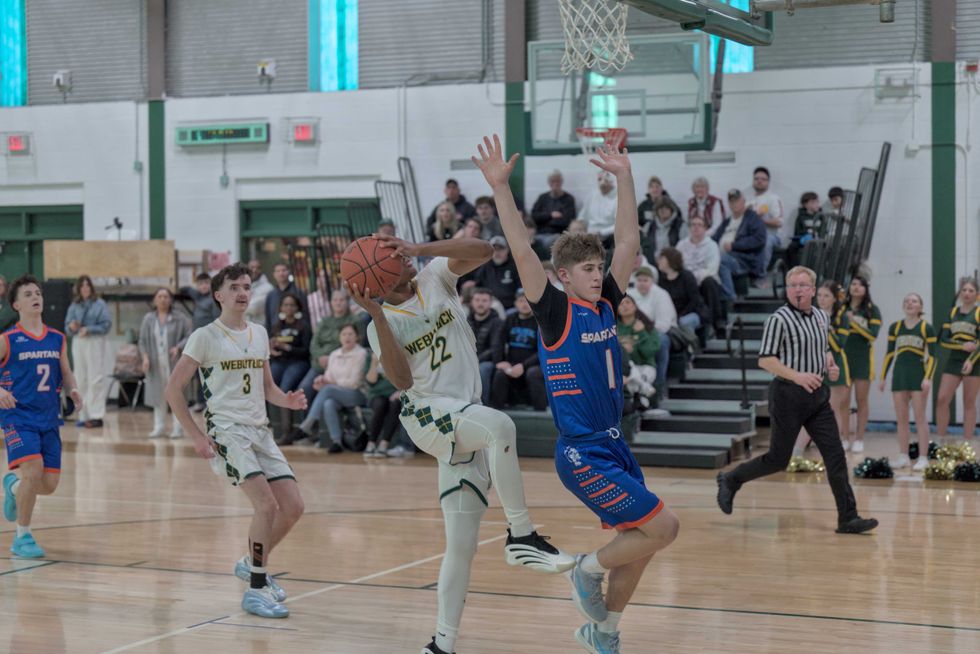




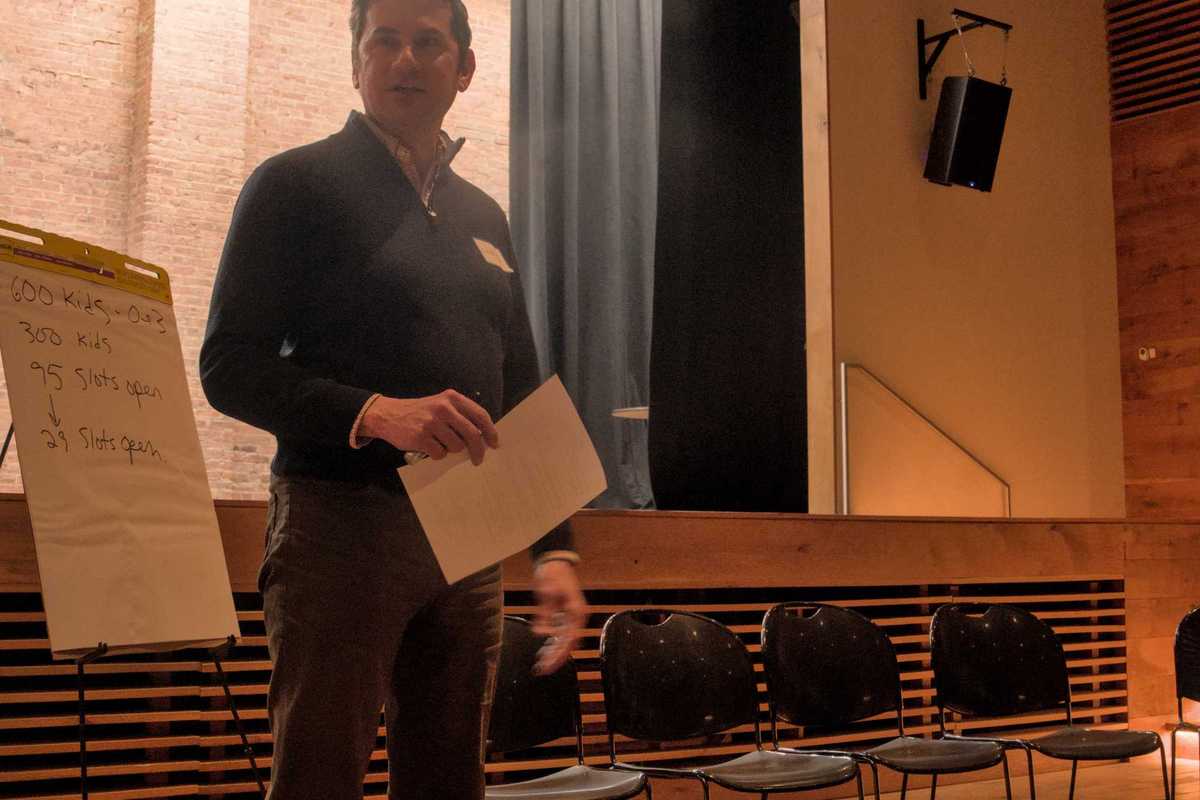
 Local parents, child care providers and nonprofit representatives outline the challenges they face in accessing and providing childcare in rural northeast Dutchess County during a forum at the Stissing Center in Pine Plains on Wednesday, Feb. 25. Photo by Nathan Miller
Local parents, child care providers and nonprofit representatives outline the challenges they face in accessing and providing childcare in rural northeast Dutchess County during a forum at the Stissing Center in Pine Plains on Wednesday, Feb. 25. Photo by Nathan Miller 

 lakevillejournal.com
lakevillejournal.com 





 Visitors consider Norman Rockwell’s paintings on Civil Rights for Look Magazine, “New Kids in the Neighborhood” (1967) and “The Problem We All Live With” (1963.) L. Tomaino
Visitors consider Norman Rockwell’s paintings on Civil Rights for Look Magazine, “New Kids in the Neighborhood” (1967) and “The Problem We All Live With” (1963.) L. Tomaino





